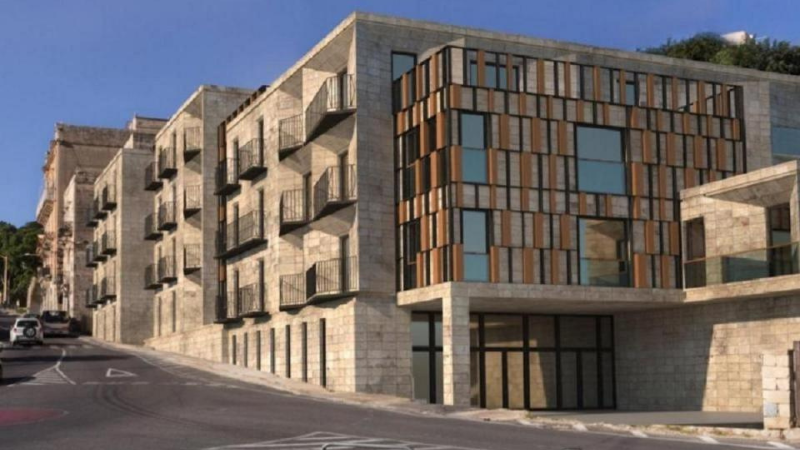Din l-Art Ħelwa is appealing for funds to increase its scrutiny of planning applications, to help its efforts to safeguard and protect the built and natural environment.
The appeal comes just as the National Statistics Office earlier today published data showing a 12.8% increase in building permits issued and a 10.5% annual increase in the number of dwellings approved by the Planning Authority over the second quarter of this year as compared to the second quarter of last year.
Between April and May 2023, a total of 494 building permits and 2,453 new dwellings were approved – 70.9% of which were apartments.
The eNGO’s subcommittee, that on Heritage and Environment Protection, last year filed 1,500 objections to questionable development applications – a sizable percentage when considering there was a total of 9,599 applications filed last year alone.
The list of planning applications is published every week in the Government Gazette and the subcommittee (HEP) focuses on those which go against policies or which stand to have a substantial impact.
“You could have something which is in line with a certain policy, but which still has a negative impact,” architect and sub-committee member Tara Cassar explained.
DLĦ says its objections do not fall on deaf ears and many applications will have been recommended for refusal by the Planning Authority’s own case officers.
Unfortunately, DLĦ said, “the Planning Commission, far too often, overturns these recommendations”.
Cassar adds, “In some cases, the impact of the development would be significant if it went ahead and therefore merits further action before the Environment and Planning Review Tribunal, with several cases being challenged every month.”
The process for an appeal makes filing an objection seem easy in comparison, DLĦ said.
An appeal can cost anywhere between €200 and €1,000. It requires a detailed written appeal, outlining the policies and the legislation on which it is based. The subcommittee’s team then needs to attend three or four sittings where they are given the opportunity to submit evidence from the written appeal – from photomontages to surveys, analysis of the drawings, and expert affidavits.
Cassar added, “Anything that we feel would help our case! Of course, the other party has an opportunity to rebut DLĦ’s appeal and once the final arguments are submitted in writing, these must again be defended in person. It’s a long process…” she added.
If this is unsuccessful, DLĦ has one more option: to appeal in Court. The Court Appeal involves numerous sittings but when the DLĦ is successful, the permit is either revoked or sent back to the Tribunal, with all the work that this involves: new submissions have to be drawn up based on the Court decision. The Tribunal may then send the whole thing back to the Planning Authority in which case it must take the decision on board.
“When you decide to appeal, you are in it for the long haul. Once you start it, you simply cannot give up,” Cassar said.
These cases set a legal precedent – whether the place of the Local Plans in the hierarchy of policies, as ruled by the Tattingers case in Rabat, or the refusal of an application for a five-storey block in a design priority area in Sta Venera.
“We are not seeing enough of a change at the planning application stage. Many applicants still think it is worth trying, perhaps hoping that we will give up,” Cassar said.
“We are getting the decisions that we have been fighting for over a period of years. It is still worth the fight, no matter who we are up against, no matter how much pressure there is against us.”













